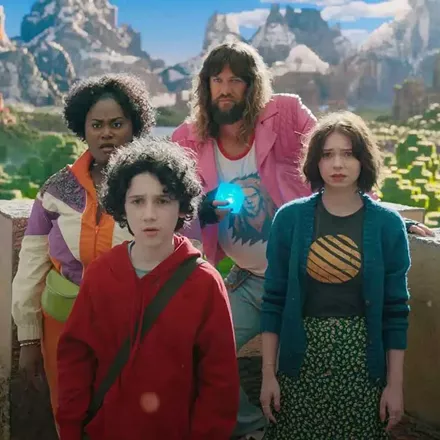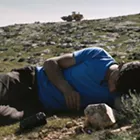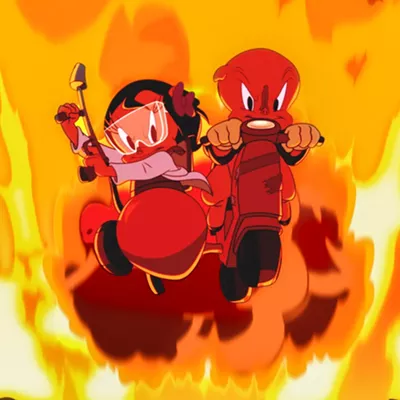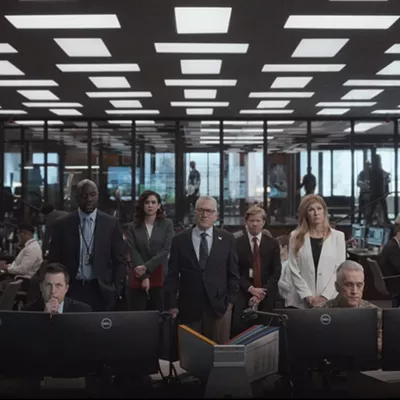It's not exactly a good sign when this year's flagship Disney animated feature seems influenced most heavily by The Emoji Movie. Disney's Ralph Breaks the Internet, the sequel to 2012's Wreck-It Ralph, is far better than Sony's smartphone-inspired abomination, but it exhibits a similar dearth of creativity and overreliance on familiar brand names.
With its loving depiction of vintage video game characters, the original Wreck-It Ralph had an appealingly timeless, nostalgic quality. Ralph Breaks the Internet feels dated even before it hits theaters, with a creaky understanding of online culture that mostly expresses exasperation and bewilderment rather than warmth and understanding.
In the first movie, video game bad guy Wreck-It Ralph (voiced by John C. Reilly) had to come to terms with his position in life, learning to embrace his purpose as the antagonist for Fix-It Felix Jr. (Jack McBrayer) while also forging a new friendship with pint-size racing-game driver Vanellope von Schweetz (Sarah Silverman). Six years later, things have settled into a pleasant routine in the arcade where Ralph, Vanellope and their fellow video game characters reside, until a broken steering-wheel controller threatens the permanent shutdown of Vanellope's game Sugar Rush. So Vanellope and Ralph must head off into the vast unknown world of the internet to buy a new controller on eBay and save Sugar Rush and all its inhabitants.
They leave behind the supporting characters from the first movie back at the arcade, encountering new faces including badass street racer Shank (Gal Gadot), who plays in Grand Theft Auto-style online game Slaughter Race; a spambot known as J.P. Spamley (Bill Hader); and Yesss (Taraji P. Henson), the head algorithm at video-sharing site BuzzTube. All of them try to help Ralph and Vanellope earn the money they need to complete their eBay auction, in the process lightly satirizing current online culture.
That satire often amounts to little more than rampant product placement, though, especially in the much-hyped sequence in which Vanellope heads to a Disney fan site and interacts with her various corporate siblings, including a room full of Disney princesses (who teach her how to sing an "I want" song). It's a funny but ultimately empty gesture of self-parody, and like most of the movie's meta touches, it seems destined to age poorly. Watching Ralph make viral unboxing videos or fend off aggressive panhandlers wielding pop-up ads is good for a mild chuckle of recognition, but it doesn't have anything meaningful to say about the way people interact online.
The core of the story is Ralph and Vanellope's friendship, which was effectively developed in the first movie but here faces challenges that are muddled and not entirely convincing. Without a clear villain like the original's megalomaniacal King Candy, Ralph Breaks the Internet lurches from one mini quest to the next, with a climactic threat that doesn't appear until the last minute. That threat also strains the conceit of the internet come to life, delivering an emotional message that's a bit confused and inconsistent.
The characters are still vibrant and fun to spend time with, though, and the movie's version of the online world is gorgeous and lovingly detailed, with some clever takes on internet standbys (including a fresh-faced "eBoy" who reminds Ralph how much time is left on his auction) and background references packed into nearly every frame. In a way, that makes it all the more disappointing that the filmmakers (including returning director Rich Moore, co-director/co-writer Phil Johnston and co-writer Pamela Ribon) couldn't come up with a story that matches the visual sophistication.
Rather than breaking (or wrecking) the internet, this movie just sort of indifferently pokes at it. ♦
























